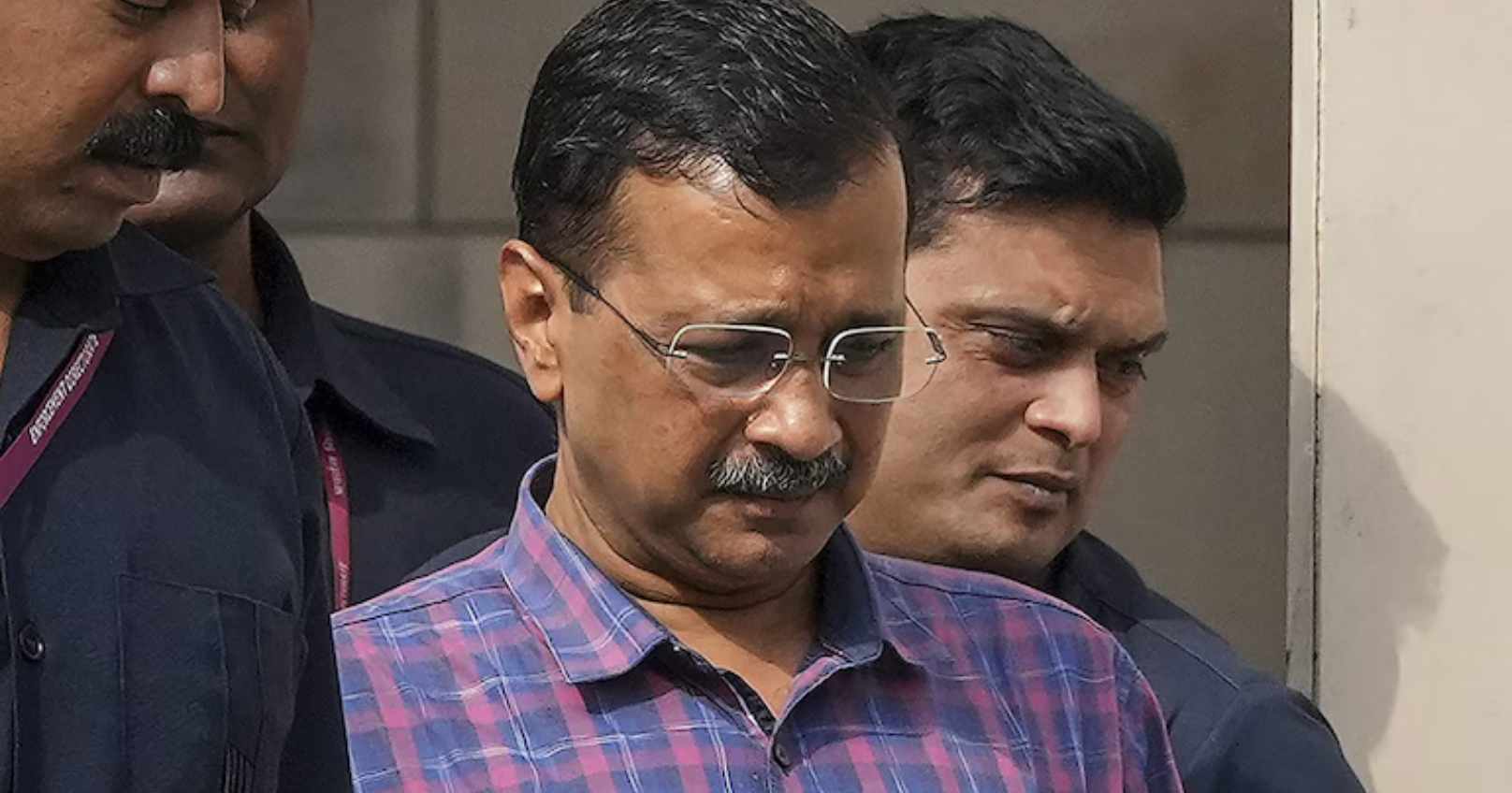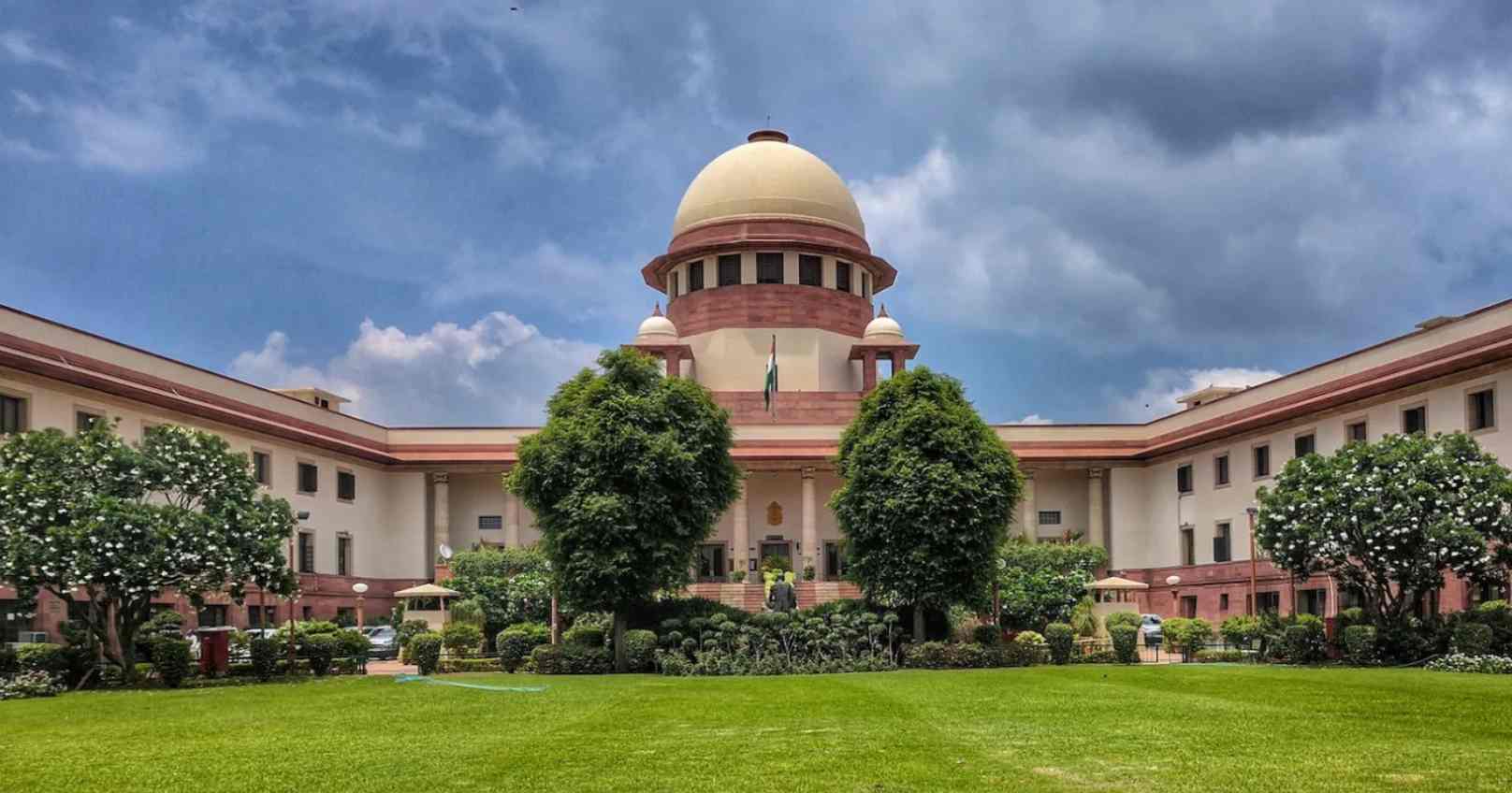The Supreme Court registry's decision to reject Delhi Chief Minister Arvind Kejriwal's plea seeking an extension of his interim bail by seven days for medical tests has added a new dimension to the ongoing legal saga. Kejriwal had filed the plea, citing the need for additional time to undergo specific medical examinations.
However, the registry refused to accept the application, asserting that since Kejriwal had the option to pursue regular bail from the trial court, the plea lacked merit. This decision underscores the legal intricacies surrounding Kejriwal's bail status and the procedural requirements involved in seeking extensions or modifications.
It's worth noting that the Supreme Court had previously granted interim bail to Kejriwal on May 10, allowing him to engage in campaigning for the Lok Sabha elections. As per the court's directive, Kejriwal was expected to surrender on June 2, one day after the culmination of the seven-phase election process.
This development highlights the complexities and challenges faced by public figures like Kejriwal when navigating the legal system, especially during critical junctures such as election campaigns. The rejection of his plea by the Supreme Court registry underscores the need for careful consideration of legal strategies and procedural requirements in such matters.







